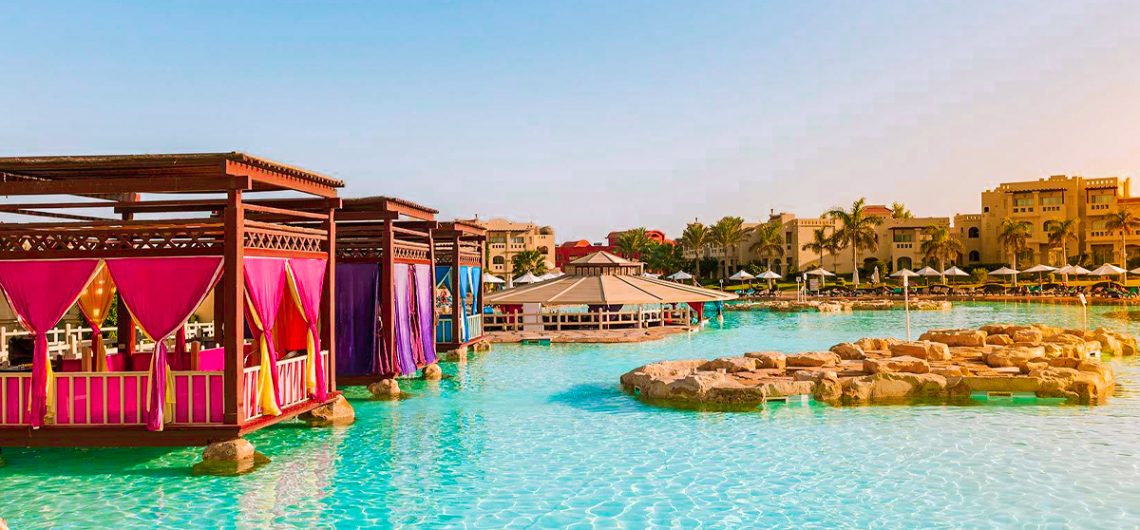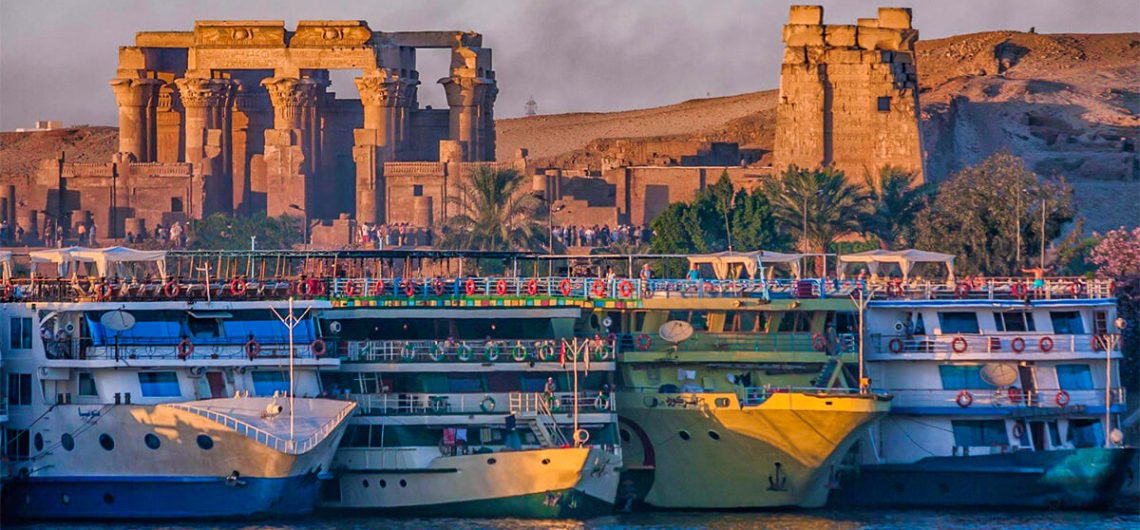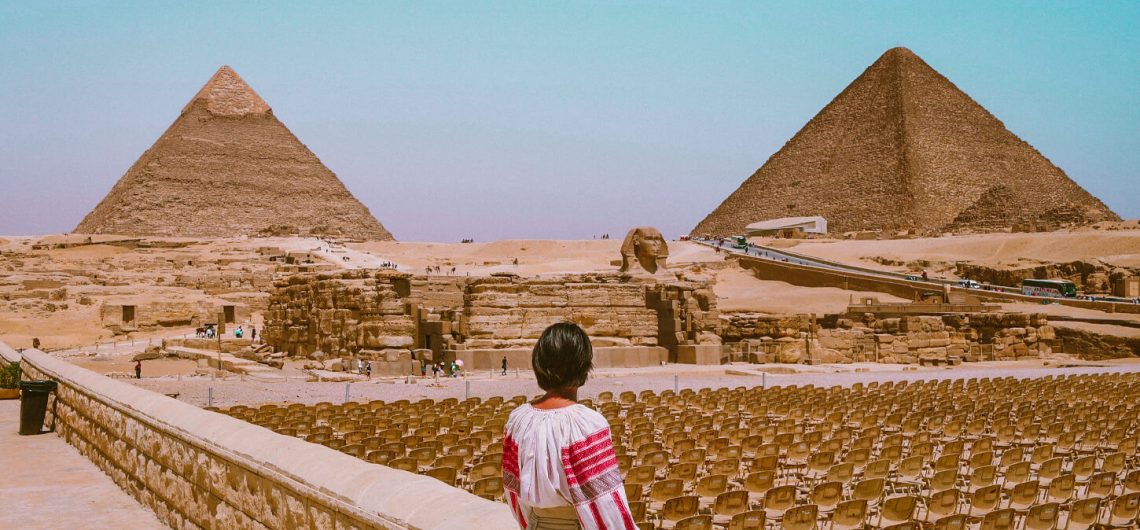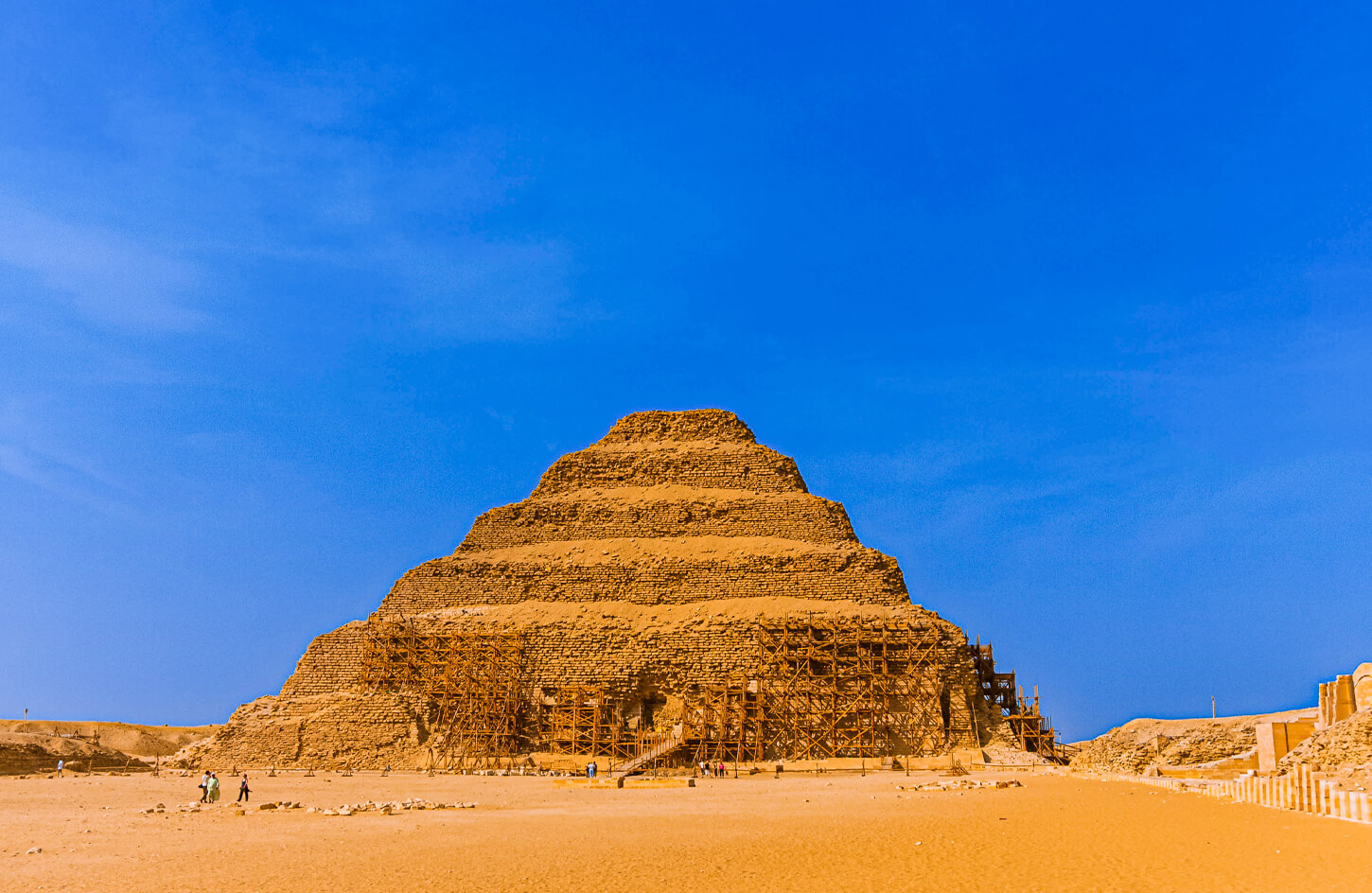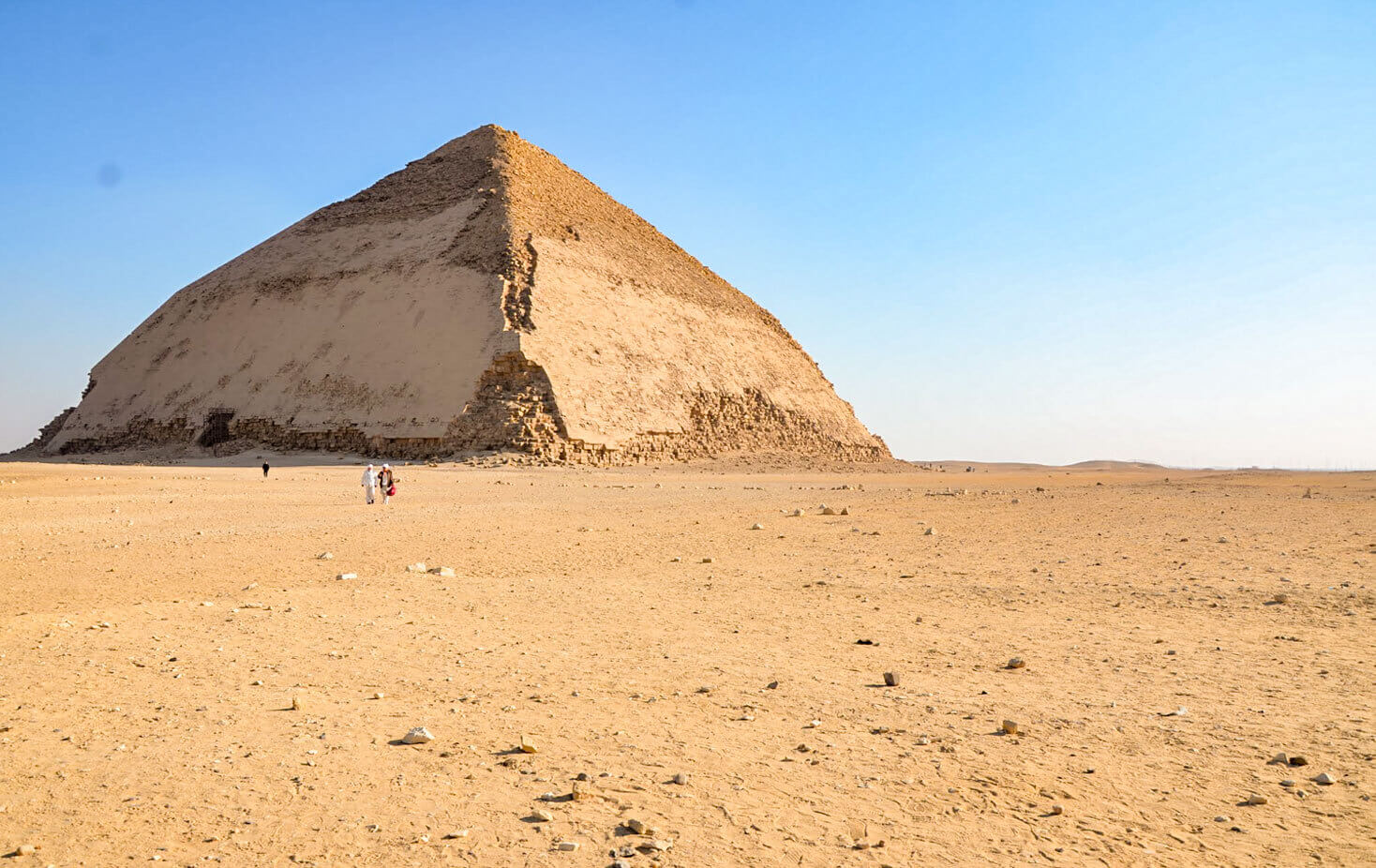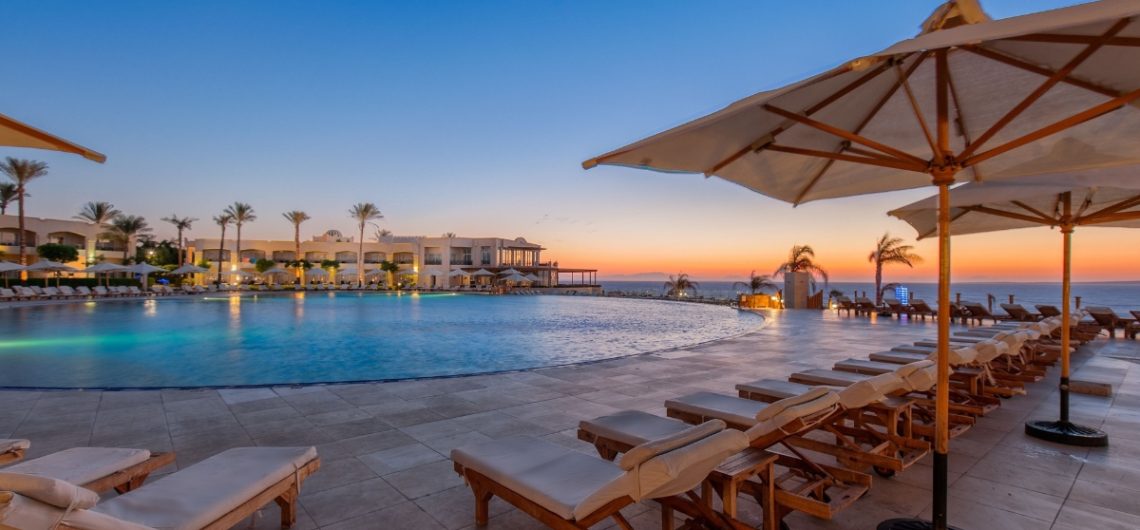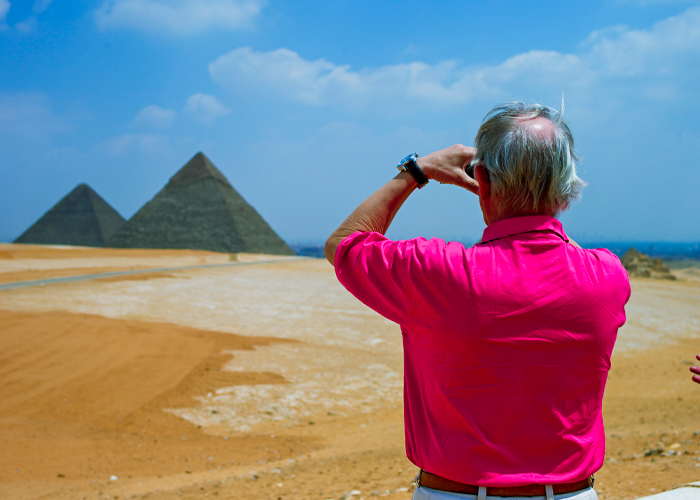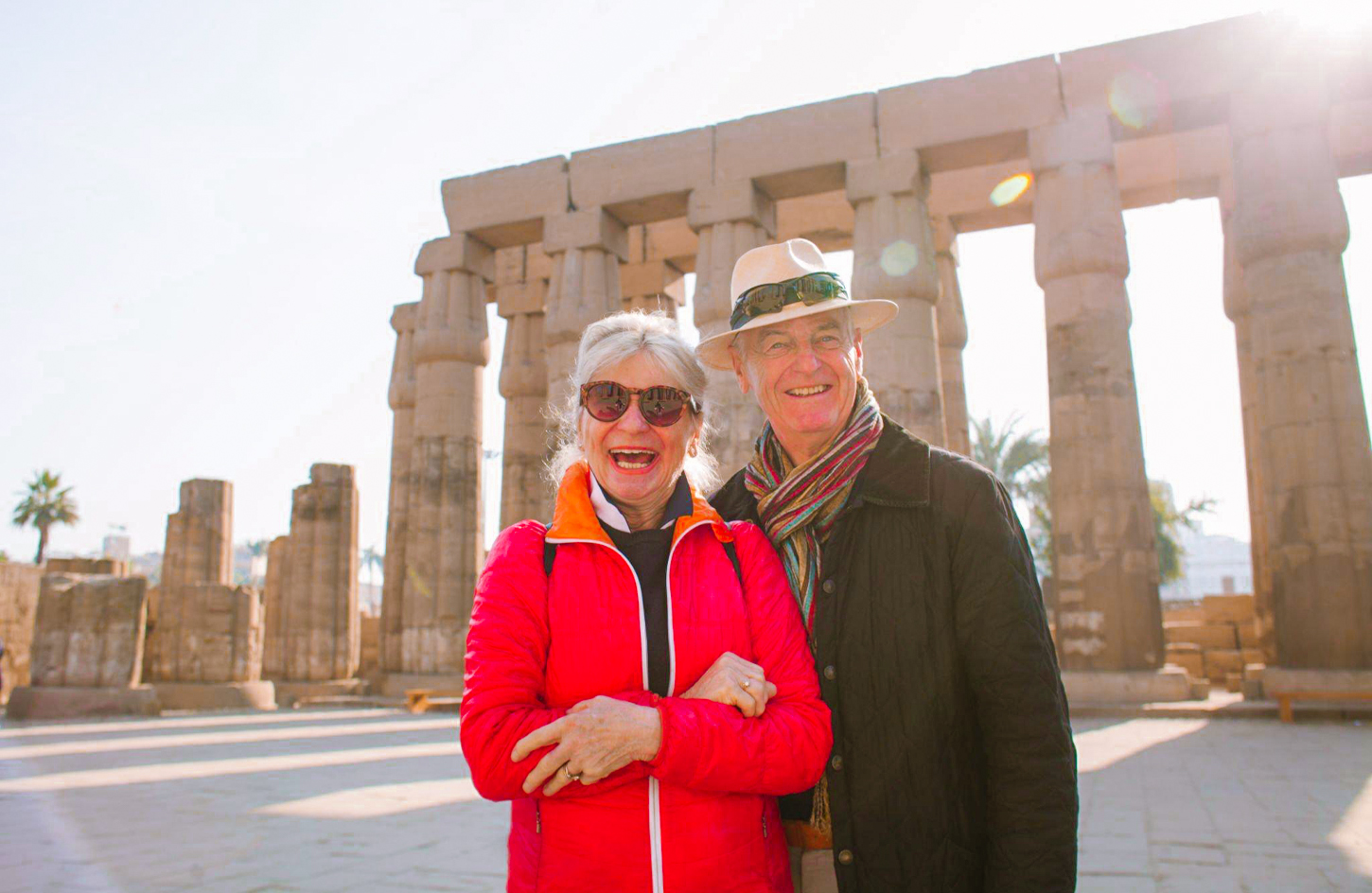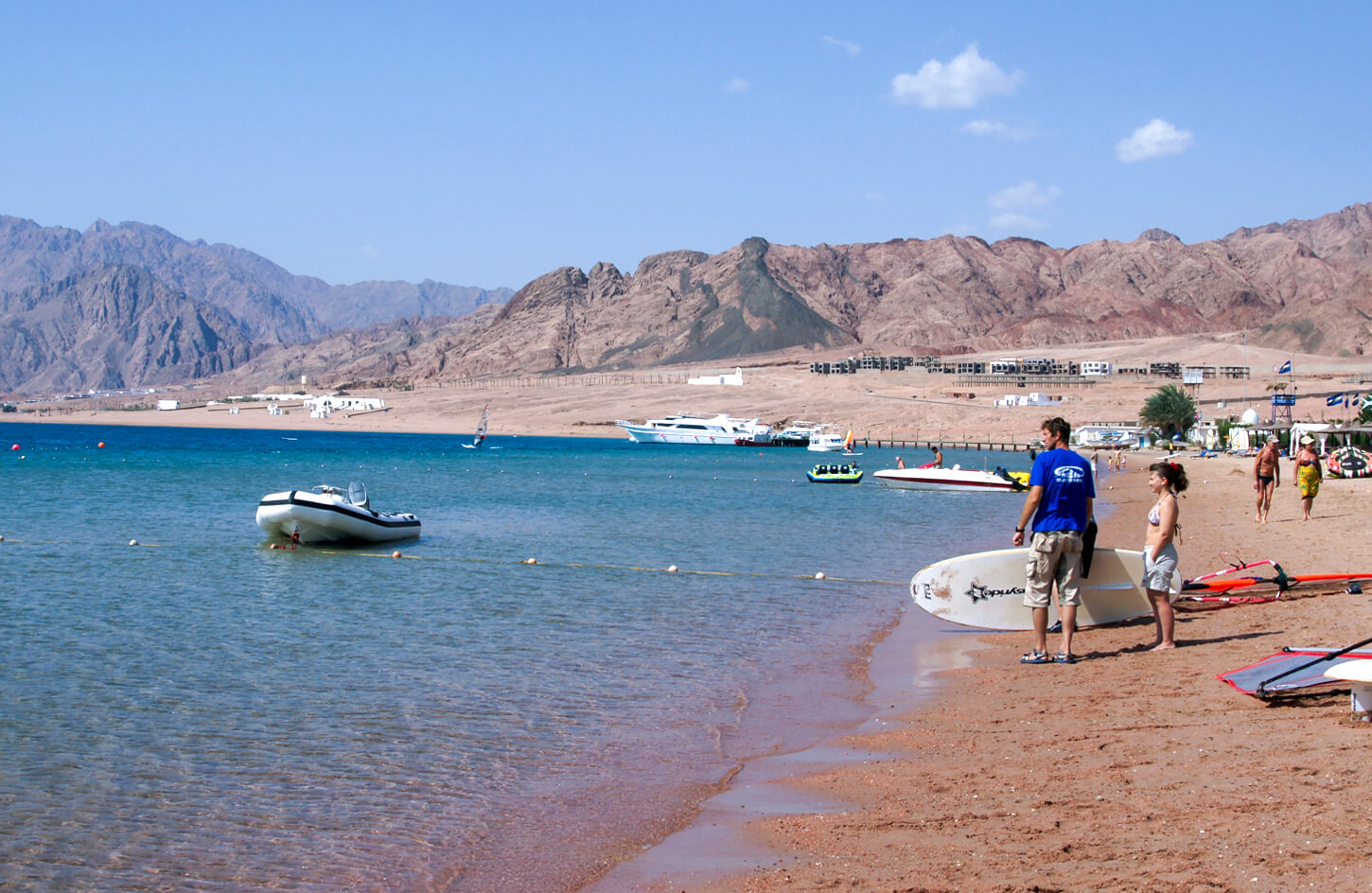Things to Do in Sharm Egypt is one of the most searched topics by travelers planning a Red Sea holiday, and for good reason. Sharm El Sheikh is not just a beach destination; it is a complete travel experience that combines sea adventures, desert exploration, cultural heritage, family entertainment, and high-quality resorts. As a traveler reading this guide, you will find clear, practical, and trustworthy information to help you plan your trip with confidence and enjoyment.
This article is written for all travelers—solo visitors, couples, families, adventure seekers, and those looking for relaxation. It reflects real on-the-ground experience and professional trip organization, with Egypt Via Travel, the best travel agency in Egypt, highlighted as a reliable partner for organizing tours and trips in Sharm El Sheikh and across Egypt.
Discover the Red Sea: Snorkeling, Diving, and Boat Trips in Sharm El Sheikh
When people search for Things to Do in Sharm Egypt, Red Sea activities are usually at the top of their list. Sharm El Sheikh is internationally known for its clear waters, colorful coral reefs, and rich marine life. Even travelers who have visited other beach destinations are often surprised by the visibility and diversity found here.
Snorkeling in Sharm El Sheikh is suitable for all levels. Beginners can enjoy shallow reefs directly from the beach in areas like Naama Bay and Sharks Bay, while more experienced snorkelers prefer boat trips to Ras Mohammed National Park or Tiran Island. These locations offer coral gardens, tropical fish, and calm conditions that make the experience enjoyable and safe.
Scuba diving in Sharm El Sheikh is considered among the best in the world. Certified divers can explore famous dive sites such as Ras Mohammed, Jackson Reef, and Thomas Reef. For first-time divers, introductory dives are widely available and supervised by licensed instructors. Diving here is not only about adventure; it is also about understanding marine conservation and respecting protected areas.
Boat trips in Sharm El Sheikh add another layer to the experience. Full-day snorkeling cruises usually include multiple stops, lunch on board, and professional guides. Glass-bottom boat tours are ideal for families and travelers who prefer to stay dry while still enjoying the underwater scenery.
Booking these activities through Egypt Via Travel ensures licensed operators, proper safety standards, and clear itineraries. From a traveler’s perspective, having everything organized in advance saves time and avoids common tourist mistakes, allowing you to focus fully on enjoying the Red Sea.
Desert Adventures and Bedouin Experiences in the Sinai

Beyond the sea, another essential part of Things to Do in Sharm Egypt is exploring the Sinai Desert. The contrast between the blue Red Sea and the golden desert landscapes creates a unique experience that many travelers remember as the highlight of their trip.
Desert safari tours in Sharm El Sheikh typically include quad biking, dune driving, and visits to traditional Bedouin camps. Riding a quad bike across open desert terrain is an exciting activity that does not require prior experience. Safety briefings and guided routes make it accessible to most travelers.
A Bedouin dinner in Sharm El Sheikh offers cultural insight into local traditions. Visitors can enjoy simple but authentic meals, learn about Bedouin lifestyle, and listen to stories about desert life. These experiences are often combined with stargazing, as the Sinai Desert is known for its clear night skies.
Camel rides in Sharm El Sheikh are another popular activity, especially for families and first-time visitors to Egypt. They offer a slower, more traditional way to explore the desert environment while connecting with local culture.
For travelers interested in history and spirituality, Mount Sinai tours from Sharm are highly recommended. The journey usually starts late at night, allowing visitors to reach the summit before sunrise. The climb is challenging but rewarding, and the sunrise view is often described as a deeply moving experience. Many tours also include a visit to St. Catherine’s Monastery, one of the oldest working monasteries in the world.
Organizing these desert and cultural tours through Egypt Via Travel ensures respectful interactions with local communities, professional guides, and well-planned logistics, which makes the experience smoother and more meaningful.
Beaches, Resorts, and Relaxation in Sharm El Sheikh
Relaxation is a major reason travelers look for Things to Do in Sharm Egypt, and Sharm El Sheikh delivers this better than most destinations in the region. The city is home to a wide range of beaches and resorts that cater to different travel styles and budgets.
Sharm El Sheikh beaches are known for clean sand, calm waters, and easy access to coral reefs. Many resorts offer private beach areas with sunbeds, umbrellas, and beach service. Public beaches and beach clubs are also available for travelers staying outside resort areas.
All-inclusive resorts in Sharm Egypt are particularly popular with families and couples. These resorts provide accommodation, meals, activities, and entertainment in one package, making budgeting and planning easier. Luxury resorts in Sharm El Sheikh focus on privacy, spa services, fine dining, and personalized experiences.
Spa resorts in Sharm El Sheikh are ideal for travelers seeking rest and recovery. Treatments often include massages, wellness programs, and traditional therapies inspired by regional practices. After days of snorkeling or desert adventures, spa time adds balance to the trip.
Naama Bay is one of the most famous areas for beach access combined with shopping, cafes, and evening walks. It is lively but still suitable for relaxed evenings by the sea. Sharks Bay and Nabq Bay offer quieter environments, often preferred by travelers who want peaceful surroundings.
From a traveler’s point of view, choosing the right area and resort can shape the entire experience. Egypt Via Travel helps visitors select accommodations based on travel goals, whether that means family-friendly resorts, romantic escapes, or budget-conscious options without sacrificing comfort.
Entertainment, Shopping, and Nightlife in Sharm El Sheikh

Entertainment is another key part of Things to Do in Sharm Egypt, especially for travelers who want more than daytime activities. Sharm El Sheikh offers a mix of relaxed evenings and lively entertainment options.
SOHO Square Sharm is a popular destination for evening outings. It combines restaurants, cafes, shops, and entertainment venues in one open-air complex. It is suitable for families, couples, and groups, offering a safe and organized environment for nighttime activities.
The Old Market in Sharm El Sheikh, also known as Sharm El Maya, provides a more traditional shopping experience. Visitors can find souvenirs, spices, handmade items, and local products. Walking through the market allows travelers to interact with local vendors and experience everyday life beyond resort areas.
Naama Bay attractions include restaurants, international cafes, and casual nightlife venues. It is a good place to enjoy dinner by the sea or take an evening stroll. The atmosphere is friendly and accessible, making it suitable for all age groups.
For those interested in nightlife, Sharm El Sheikh has clubs and lounges that operate under strict regulations, ensuring safety and organization. These venues attract international visitors and offer music, shows, and themed nights.
From a traveler’s perspective, it is important to balance entertainment with rest. Organized evening tours arranged by Egypt Via Travel help visitors enjoy nightlife and shopping without worrying about transportation, timing, or safety.
Family Activities and Attractions in Sharm El Sheikh
Families often search for Things to Do in Sharm Egypt that are suitable for children and adults alike. Sharm El Sheikh is considered one of the most family-friendly destinations in Egypt due to its infrastructure and variety of activities.
Aqua parks in Sharm El Sheikh are a major attraction for families. Many resorts have on-site water parks with slides, pools, and supervised play areas. There are also standalone aqua parks open to the public, offering full-day entertainment for children of different ages.
Family-friendly snorkeling trips are designed with safety and comfort in mind. Shallow-water locations, life jackets, and experienced guides make these trips suitable even for young swimmers. Glass-bottom boat tours are another excellent option for families with small children.
Beach activities such as sand play, swimming, and short boat rides provide simple enjoyment without long travel times. Many resorts also offer kids’ clubs, evening shows, and educational activities.
Sharm El Sheikh for families is also about convenience. Short transfer times from the airport, well-equipped resorts, and clear tourist infrastructure reduce stress for parents. Restaurants and hotels are accustomed to international families and dietary needs.
Working with Egypt Via Travel allows families to plan balanced itineraries that include rest, play, and exploration. From a parent’s point of view, having a trusted travel agency handle details brings peace of mind and improves the overall travel experience.
Practical Travel Tips and Planning Your Trip to Sharm El Sheikh
Understanding practical details is essential when planning Things to Do in Sharm Egypt. Good preparation enhances enjoyment and helps travelers avoid common issues.
The best time to visit Sharm El Sheikh is generally between October and May, when temperatures are comfortable for outdoor activities. Summer months are hotter but still suitable for beach and water activities, especially for travelers who enjoy warm weather.
Sharm El Sheikh weather is mostly sunny year-round, with minimal rainfall. This makes it a reliable destination for planned holidays. Knowing how many days in Sharm El Sheikh to spend depends on interests, but most travelers find that 5 to 7 days allow enough time for sea activities, desert tours, and relaxation.
Airport transfers in Sharm El Sheikh are straightforward, especially when arranged in advance. Organized transfers reduce waiting time and ensure smooth arrival and departure.
Travel tips include respecting local customs, staying hydrated, and following safety instructions during excursions. Choosing licensed tour operators and official guides is strongly recommended.
From a traveler’s perspective, planning with Egypt Via Travel, the best travel agency in Egypt, ensures reliable information, transparent pricing, and well-organized tours. Whether you are interested in private tours in Sharm El Sheikh, group excursions, or complete Egypt tours and trips, professional planning turns a good holiday into a smooth and memorable experience.
Final Thoughts
Things to Do in Sharm Egypt go far beyond beaches and resorts. Sharm El Sheikh offers a complete travel experience that suits all travelers, combining nature, culture, comfort, and adventure. By choosing the right activities and working with an experienced travel agency like Egypt Via Travel, visitors can explore Sharm El Sheikh with confidence, comfort, and genuine enjoyment.
This guide is designed to help you imagine your journey, plan wisely, and arrive ready to enjoy every moment of your time in Sharm El Sheikh.

